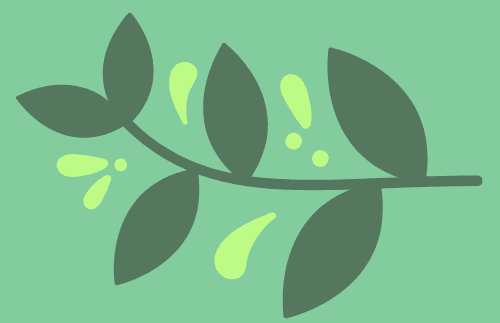Last updated on October 23rd, 2023 at 08:28 pm
The right fertilizer for our plants
I always get questions about fertilizing in the garden, how to fertilize, which fertilizer can I take and what do I need to consider. Since autumn is the time to fertilize many things in the garden, this report is just what you need.
In order to enrich the garden soil with mineral fertilizers as well as the necessary organic substances, stable manure or garden compost should be worked in immediately when digging in the fall, depending on which “pet” the stable manure is from, it acts quite differently. One of the most important natural fertilizers is cattle manure, because it contains all the nutrients in a balanced composition and releases them into the soil. In order for the manure to rot until spring, autumn is the best time to work the fertilizer into the beds.
But be careful, fresh manure should be applied only with extreme caution. Animal manure should not be composted with lime because lime releases the important nitrogen as a gas and this leaches into the atmosphere. It is better if you sprinkle the cattle manure with stone meal.
Of course, there are also ready dried cattle manure to buy in the trade, it contains particularly much potash which is present in other organic fertilizers hardly or only in traces. Horse manure comes pretty close to the cattle manure, yet the horse manure develops a lot of heat and is often used in the cold frames for heating. Here you should also be careful because, the heat development of the horse manure can burn sensitive roots.
If you have a farmer in your area who owns chickens, you can also process the manure of the chickens. Chicken manure is characterized by high potash and phosphorus content. The nitrogen content, on the other hand, is quite high, and again, care should be taken to avoid burning the plants.
Horn and blood and bone meal, on the other hand, are quite trouble-free fertilizers they are made from slaughterhouse waste and can be bought ready-made in small bags in any store.
In the horn fertilizer are contained mainly the active substances, nitrogen and phosphorus, in blood meal is much nitrogen some potash and phosphorus.
Bone meal, on the other hand, contains the highest phosphorus content. All three fertilizers such as blood bone and horn meal you can mix without problems and give as a complete fertilizer to your plants.
Important plant nutrients
The most important plant nutrients for our plants…
Plants need not only water, sun and air (better the gas carbon dioxide contained in the air) for healthy growth, but also mineral nutrients.
These plant nutrients are normally absorbed with the water through the roots and chemically transformed in the leaves together with the carbon dioxide and water.
The 6 most important nutrients for our plants are nitrogen, phosphorus, sulfur, calcium, magnesium and of course potassium. On most fertilizer packages, these six plant nutrients will be listed with the letters N (nitrogen), P (phosphorus), K (potassium), S (sulfur), Ca (calcium) and Mg (magnesium).
6 plant nutrients our plants need
These 6 plant nutrients are needed by all our plants for their healthy growth. Furthermore, plants need small amounts of other nutrients and trace elements (also called micronutrients) such as chlorine (Cl), iron (Fe), manganese (Mn), zinc (Zn) and copper (Cu), which are however sufficiently present in most garden soils.
Together with the elements carbon, hydrogen and oxygen, they are used to “build” fats and proteins (proteins), sugars and starches, colorants and flavorings, as well as building materials for leaves, stems, flowers, fruits and seeds.
A small exception to this is alkaline soils, these soils are not able to release manganese and iron and therefore provide the leaves of acid-loving plants (Campanula, Scabiosa, Syringa…) a poor basis for healthy growth.
If these plant nutrients are not present in sufficient quantities in the soil, complete fertilizers offer a viable solution….
A suitable complete fertilizer consists of the right amount and composition of main nutrients and not always easily available “side” nutrients.
But be careful !
When fertilizing should definitely find the right measure. Quite quickly you can also over fertilize the soil and thus the plants and the garden more harm than help…


